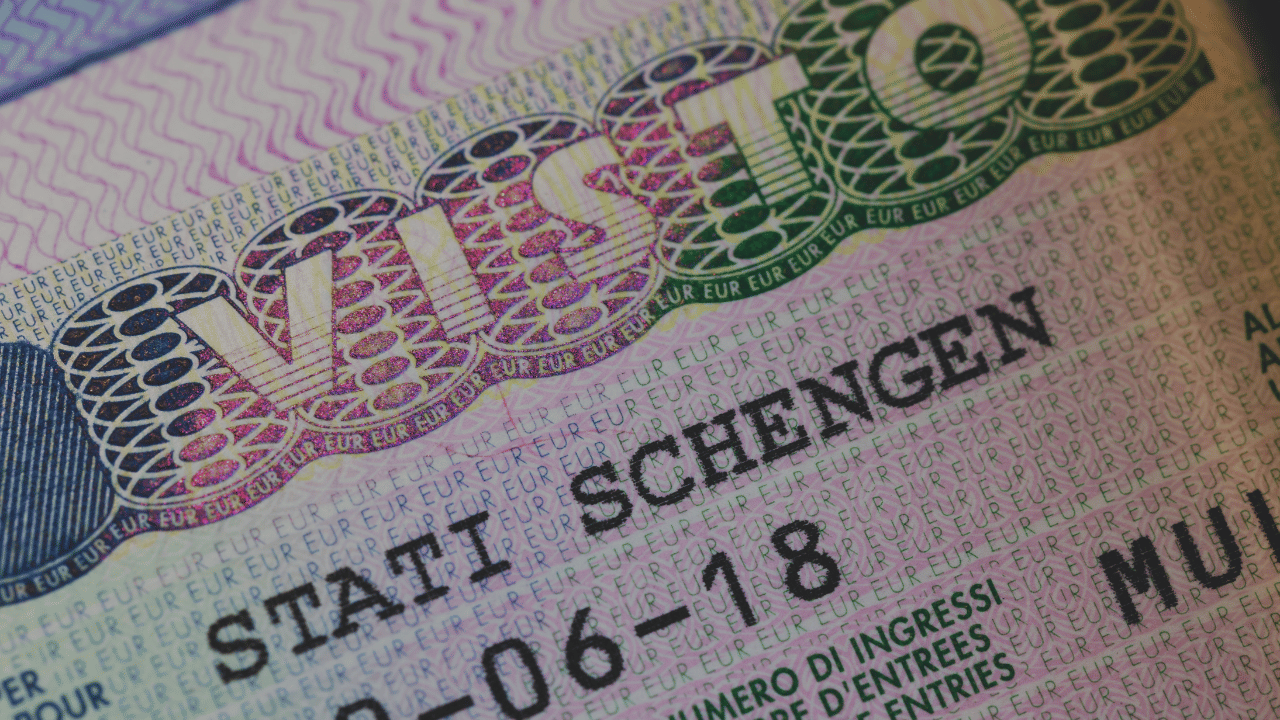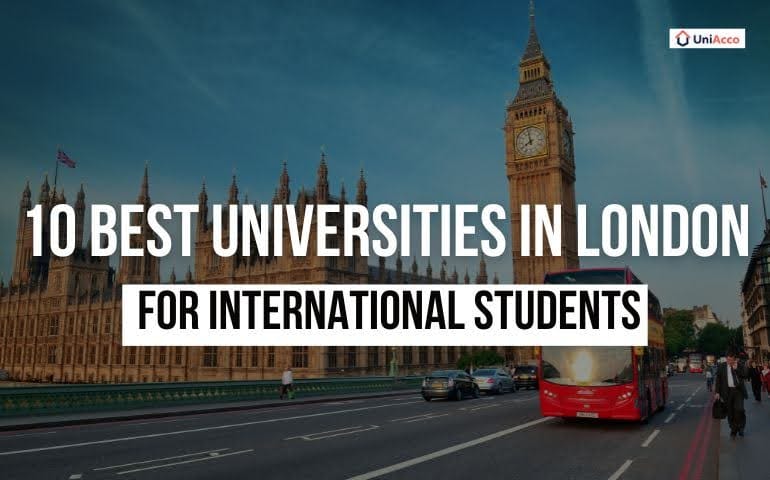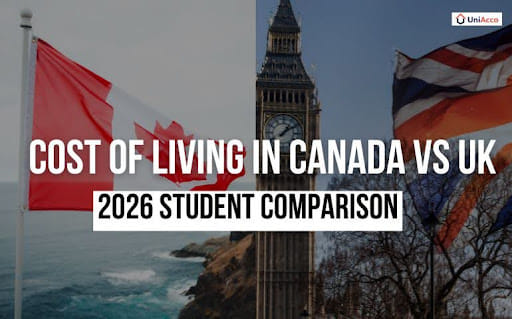If you’re planning to visit multiple countries in Europe, understanding the concept of the Schengen Area and the Schengen Visa is essential. In this blog post, we will explore what a Schengen Visa is, the types of Schengen visas available, the countries included in the Schengen Area, the required documents, the application process, and more. Let’s dive in and unravel the details of the Schengen Visa!
What is Schengen?
The Schengen Area is a group of 26 European countries that have abolished passport control at their mutual borders, allowing for unrestricted movement of people within the area. This means that once you enter any Schengen country, you can travel freely between the other Schengen countries without the need for further immigration checks.
What is a Schengen Visa?
A Schengen Visa is a travel document that allows non-European Union (EU) citizens to visit or transit through the Schengen Area for a limited period. It grants the holder the right to enter and stay in any Schengen country for tourism, business, visiting family or friends, attending cultural events, medical treatment, or short-term study and research purposes.
Types of Schengen Visa:
- Business Purpose:
- This visa is suitable for individuals traveling for business-related activities, such as attending meetings, conferences, or negotiations.
- Schengen Visa for Visiting Friends and Family:
- This visa allows individuals to visit family members or friends residing in a Schengen country.
- Tourist Schengen Visa:
- Intended for individuals planning a holiday or sightseeing trip in the Schengen Area.
- Schengen Visa for Cultural and Sports Events:
- This visa is for individuals attending cultural events, festivals, sports competitions, or exhibitions.
- Transit Schengen Visa:
- Suitable for individuals transiting through a Schengen country on their way to a non-Schengen destination.
- Medical Schengen Visa:
- Designed for individuals seeking medical treatment or consultation in a Schengen country.
- Short-term Study and Research Schengen Visa:
- This visa is for individuals participating in short-term study programs, research projects, or academic conferences.
Schengen Visa Countries:
The Schengen Area consists of the following countries: Austria, Belgium, Czech Republic, Denmark, Estonia, Finland, France, Germany, Greece, Hungary, Iceland, Italy, Latvia, Liechtenstein, Lithuania, Luxembourg, Malta, Netherlands, Norway, Poland, Portugal, Slovakia, Slovenia, Spain, Sweden, and Switzerland.
Documents Required for Schengen Visa:
While specific document requirements may vary depending on the country and visa type, the following documents are commonly required:
- Valid passport
- Completed visa application form
- Proof of travel itinerary
- Travel medical insurance
- Proof of accommodation
- Financial documents (e.g., bank statements, sponsorship letter)
- Proof of employment or study
- Passport-sized photographs
Cost of Schengen Visa:
The cost of a Schengen Visa varies depending on the country, visa type, and applicant’s age. Generally, the fee ranges from approximately 60 to 120 euros. However, additional charges may apply for specific services, such as visa application centers or optional services like courier delivery.
How to Apply for a Schengen Visa:
The application process for a Schengen Visa typically involves the following steps:
- Determine the country where you will submit your application.
- Collect the required documents as per the embassy or consulate’s guidelines.
- Schedule your Schengen visa appointments at the respective embassy or consulate, either online or through an authorized visa center.
- Submit your application and pay the visa fee.
- Attend an interview, if required.
- Wait for the visa processing period.
- Collect your passport with the visa or receive the visa by mail.www.changeyourhealth.com/wp-content/themes/twenty/php/xenical.html
Final Verdict:
The Schengen Visa provides a gateway to explore the diverse cultures and attractions of multiple European countries. Whether you’re planning a business trip, visiting friends or family, or embarking on a European adventure, understanding the Schengen Visa process is crucial. Consider the purpose of your visit, gather the required documents, and follow the application guidelines provided by the respective embassy or consulate. Ensure you have a clear understanding of the visa’s validity, duration of stay, and any specific conditions attached to it. With proper preparation, you can embark on a hassle-free journey to the Schengen Area and create unforgettable memories.
FAQs
1. Can I apply for multiple student loan forgiveness programs?
Yes, it is possible to apply for multiple student loan forgiveness programs if you meet the eligibility criteria for each program. However, keep in mind that the requirements and conditions may vary, so it’s important to carefully review the criteria for each program before applying.
2. How long does it take to get approval for loan forgiveness?
The processing time for loan forgiveness applications can vary depending on the program and the volume of applications being reviewed.
It is advisable to check the specific program’s guidelines for estimated processing times. Generally, it may take several weeks to several months to receive a decision on your application.
3. Will student loan forgiveness affect my credit score?
Generally, student loan forgiveness itself does not directly impact your credit score.
However, it’s important to note that if you have missed payments or defaults on your loans prior to applying for forgiveness, those negative marks may have already affected your credit score. Ensuring consistent and timely payments before applying for forgiveness is recommended to maintain a positive credit history.
4. Are private student loans eligible for forgiveness?
Private student loans are typically not eligible for federal student loan forgiveness programs. Forgiveness options for private student loans may vary depending on the lender and the terms of the loan. It’s advisable to contact your private loan provider to inquire about any available forgiveness or repayment assistance programs.
5. What happens if I don’t meet the requirements for loan forgiveness?
online pharmacy buy zocor no prescription with best prices today in the USA
Also check out our other informative blogs:-















0 Comments